|
Aside from death and taxes, it is inevitable that you're going to loose your shit. Whether mentally or physically, there's never been a human besides maybe Jesus who hasn't. From day one babies drop socks, pacifiers, hats, and toys where there parents are too tired and negligent to collect. Then come adolescence when you quickly learn that loosing your retainer means digging through your high school cafeteria's dumpster. And if you've ever lost a pair of glasses or a contact it means never being able to see the TV or blackboard again. While all of this is less memorable than loosing your virginity, most people commonly loose their wallets, cell phones, keys, purses jackets, scarves, luggage, homework, and more often than not socks and gloves. But where does it go? Nobody knows.
While you retrace you steps, check your pockets, and search through you car and at the bar, you'll soon realize you never want to do this again. Good news, those days are done! For $30+ you can purchase the Tile which attaches to your keys, wallet, and/or TV remote. This this miniature tracking device designed to defeat the "lost & found." By logging into your computer or cell phone to can track your crap via Bluetooth and a map. There are a million other similar devices on the market too, such as the Duet for keys, Smead Stick-N-Find stickers for anything, or ProTag for your wallet. Smead seems to have the best approach, well that is until the stickiness wears off. But ProTag is the easiest concept of resembling a credit card that simply slips in your wallet. It's only a matter of time before you strap on of these devices to your kid's retainer, glasses, and may them themselves. While most of these are water resistant you can't drop your keys in the bottom of a lake and expect to find them. The real question becomes which items should you apply these too? Will people go bazerkers and apply them to everything? Will this further encourage reckless behavior? Although these devices are brilliant, they don't necessarily bring your shit back. If someone robbed you, their probably going to toss the Tile first thing. But if "you are your own worst enemy" then it will take some will power to fire up the old cell phone or laptop to conduct the investigation. While tracking devices like the Tile do create serendipitous scenarios, it takes a bit of resilience to crack the code. They can't necessarily bring back your stolen identity, great great great grandparents, dignity and brain cells lost at that last party, along with your most recent lover; but they do create a fortuitous future, free of loss and full of freedom.
0 Comments
Leave a Reply. |
LAJ
100 Objects of Popular and Material Culture is an blog exploring the manifestations of human consumption and commodity-ization. The purpose of this experiment is to explore material and popular culture in contemporary society by using objects and concepts to prompt wider questions and reflections. So by emulating The British Museum's and Neil MacGregor's format of A History of the World in 100 Objects I plan to satirically analyze and reinterpreted 100 material culture objects over the course of 2014. Material Culture is the study of our culture's consumption of stuff; namely the manifestation of culture through material productions where people's perceptions of objects is socially and culturally dependent. With this, objects reflect conscious and unconscious beliefs on the the individuals who fabricated, purchased, or used them, and by extension the society where they live. So examining materiality, cultural truths and societal assumptions may be discovered. As anthropologist Arjun Appaduai states "in any society the individual is often caught between the cultural structure of commodity-ization and his own personal attempts to bring a value and order to the universe of things." Objects and commodities make up a much larger symbolic system consisting of want and need, socio-economic status, fashion, etc. Often times form follows function whether the commodity, market, and or consumer forever evolve around one-another. Philosopher Pierre Bourdieu's theories of capital flow full circle; where regardless if you are a minimalist or a hoarder the world is made up of things and everyone will leave their footprint on the earth. So by humorously analyzing marketed objects and concepts, hopefully this blog will provide further incite into ideas of over-consumption, a disposable society, consumerism vs. anti-consumers, planned obsolescence vs. sustainability, as well as the greater good of mankind and future generations. Archives
March 2015
Categories |
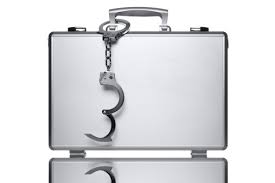
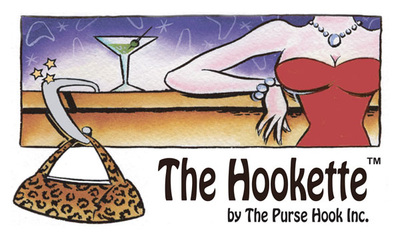
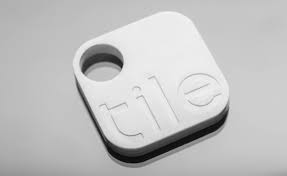
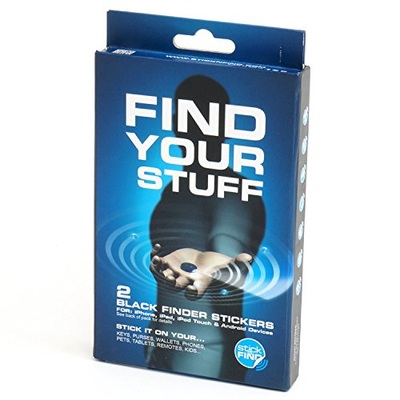
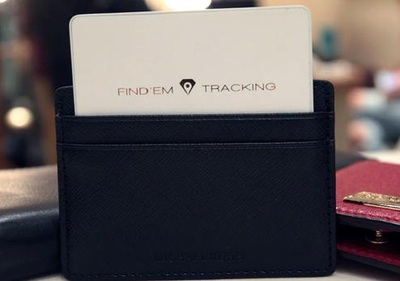
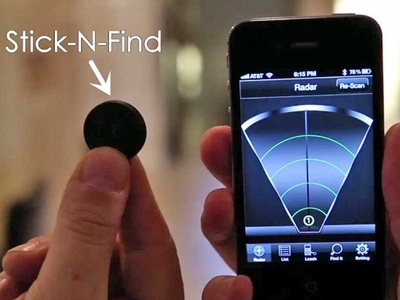
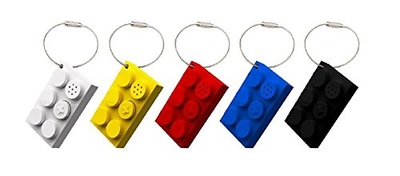
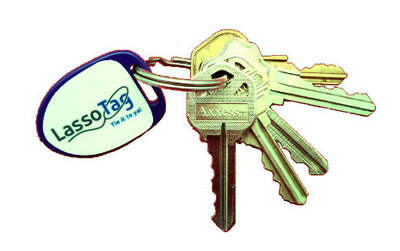
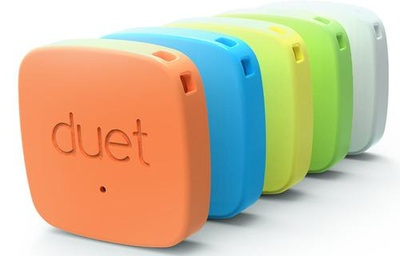
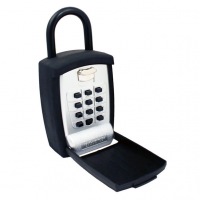
 RSS Feed
RSS Feed